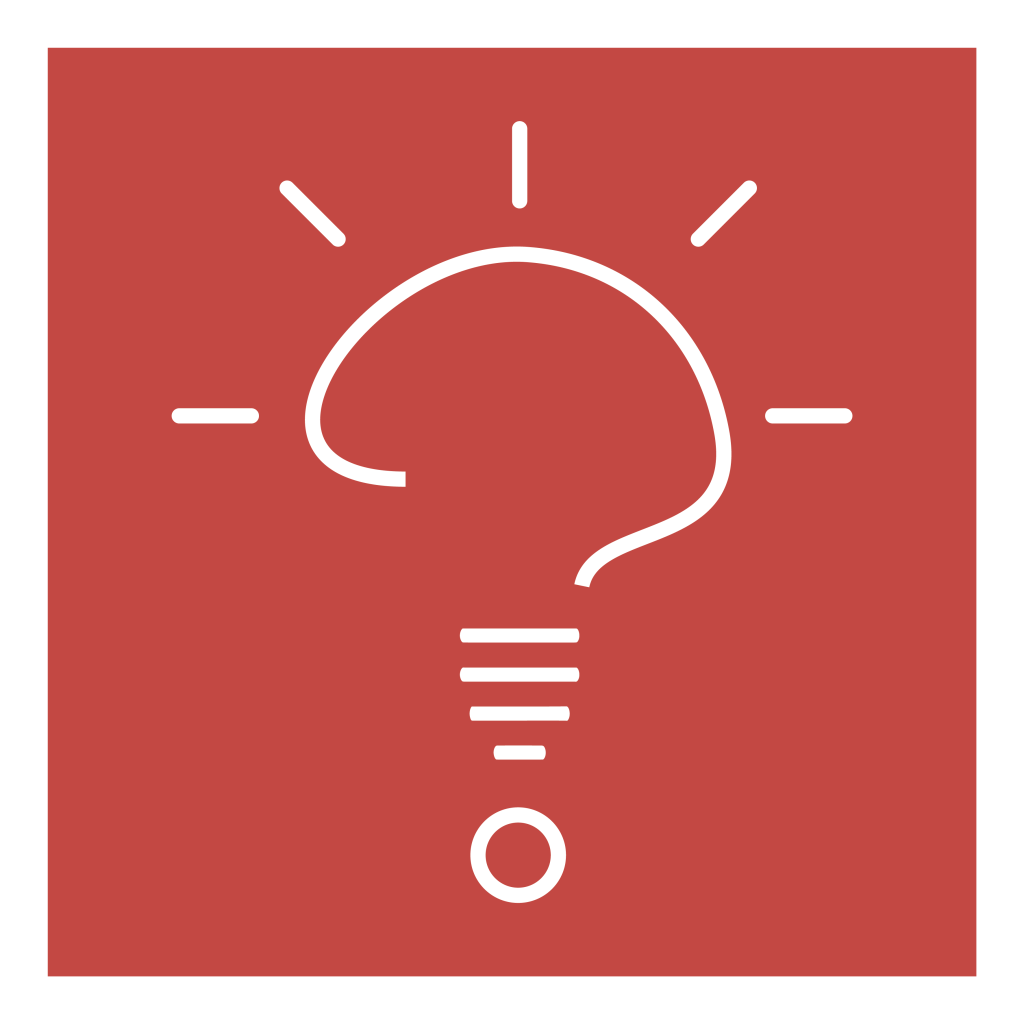MAIEUTIC MINDS
Thinking out of the box
What would help organizations to navigate a complex and uncertain world? What does it mean to make good decisions, given the constant lack of information that contributes to the complexities of markets, economy and society at large?
A conventional answer to these questions would be a call for greater amounts of data. The more data, the better.
However, there is no data that can make ‘unknown unknowns’ known and when measuring non-financial performance one encounters the same (if not bigger) complexities than are faced when measuring financial values. Believing that more data will automatically lead to better decision-making is unrealistic. In these circumstances, imagination and thinking out of the box is possibly more useful.
Now, think of how one tends instead to view information technologies: one interrogates an information system and waits for such system to deliver an answer. This is why, I guess, Oracle, is called ‘oracle’! Recent fascinations with big data and analytics augment this tendency.
However, very rarely organizations find themselves in situations which are so predictable and unambiguous that decisions can be taken by relying solely on data and calculations.
I instead believe that management practices, be these related to reporting and performance measurement, risk management, or the governance of complex programmes and organizations, need not to work as ‘answer machines’ (to quote a very famous paper by Burchell et al.). They instead have to behave as ‘maieutic machines’, that is, as platforms that help raising the right questions rather than providing often faulty answers that people tend to perceive as objective because they are expressed in numerical forms.
I label these machines ‘maieutic’ as the term (from Greek philosophy) indicates how knowledge emerges in a process of inquiry that is designed following some key defined procedures of questioning. In the land of complexity and ‘unknown unknowns’ nothing is to be taken for granted and how information is produced has to become the object of a reflexive scrutiny. Such a scrutiny, in my view, need to apply to, and emerge from, the very same system that produces such information (in organizations typically, accounting and information systems) and it requires a sound system of checks and balances. Hence why I see governance and reporting linked to each other: if one has good reporting processes there is almost no need for governance as parties will be involved in the decision making and there will not need for a separate body which formally approve decisions ; if one has a good governance system, one would almost no need a formal reporting, as stakeholders will have been involved in decision making processes and do not need to read a report about them.
For me both reporting and governance systems are to be seen as spaces where this inquiry and scrutiny happens.
The theme of my 2016 Institute of Chartered Accountants in England and Wales (ICAEW) PD Leake Annual lecture also speaks to of how business visualizations and reports can be designed to raise the right questions rather than reassuring us with faulty answers. In the talk I explore how visualizations have the potential to perform mediations and allow compromise in organizations, economies and societies. This is, in my view, a much more promising future for rethinking the principles underpinning accounting and the resulting notion of transparency.
For me both reporting and governance systems are to be seen as spaces where this inquiry and scrutiny happens. An example will clarify. Think of a lecture theatre. If the desks are laid out in rows, the professor professes and the pupil listens. Communication is supposed to be unidirectional. Think of a Harvard style lecture theatre. Here the professor is a facilitator and the audience makes knowledge emerges by debating (this is why a good Harvard case does not have an answer but makes the students raise many questions). Think of an executive education session: knowledge emerges in the tables where people sit and by challenging each other in plenary session. Each of these different spaces embody a different kind of social and power relationships leading to different forms of knowledge creation. A physical report and its design on a computer screen or on a piece of paper is the same. The lay out of a governing body enacts similar kinds of interactions. The design of reporting and governance spaces is not neutral in generating good or bad questioning, in generating maieutic or answer machines.
I have developed a maieutic approach to management in most of my work. In a TEDx talk I illustrate the need for maieutic minds and approaches in relation to Governance.
If you are interested in knowing more, you can give a look at this report for the Chartered Institute of Management Accountants that identifies the features a governance, communication, mediation and engagement practices should have to behave as a ‘maieutic machine’. There we introduce principles to be adopted to design communication and governance systems in a way that is maieutic and why a maieutic approach can benefit organizations and major programmes. At the University of Manchester, with the support of the Infrastructure and Project Authority, the University of Manchester Innovation Factory and the ESRC, we have developed a Maieutic Index, a tool to assess the quality and maturity of decision-making in major programme. The Maieutic Index evaluates and scores the quality of four key processes that define Major Programmes’ success or failure, i.e. governance, communication, mediation and engagement. It signals the need to move the focus of measurement from outputs (e.g. schedule, cost) to processes (i.e. governance, communication, mediation and engagement)

